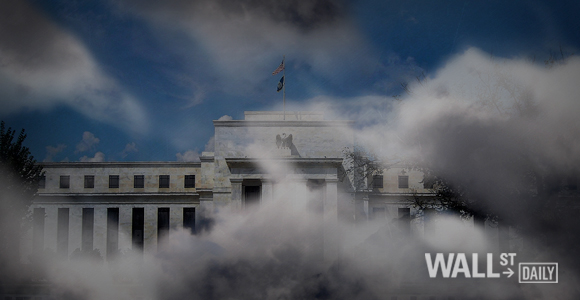
REITs are suddenly no longer the hottest property on the block.
A spectacular six-year run sent the MSCI US REIT Index (RMZ) soaring by nearly 350% including dividends. In 2014, the index jumped by 30% thanks to investors scrambling for yield. The average U.S. REIT has a yield of about 3.5%.
But now, REITs may be on track for their worst year since 2008. The Vanguard REIT ETF (VNQ) is down 5% year to date, thanks mainly to fears over the Federal Reserve raising interest rates.
Making matters worse is a slowdown in China that’s driving fears of a global growth slowdown. For example, Chinese investors have been responsible for 30% of New York City’s foreign real estate transactions.
Understandable Fed Fear
The concern over what the Fed is doing is understandable. Since the 2008-09 financial crisis, 10-year U.S. Treasury yield and REIT stock performance have had a strong negative correlation.
In other words, when the 10-year rate fell, REITs did well, and vice versa.
If the Federal Reserve raises rates too much, the economy could slow down drastically, resulting in falling occupancy rates. That would lower rental income, which in turn could affect payouts.
Additionally, REITs that are leveraged would also feel the adverse effects of Fed tightening. During the financial crisis, leveraged REITs had difficulty borrowing funds. This affected their ability to buy properties on the cheap and led to underperformance during both the downturn and the recovery.
Overblown Fed Fear
However, the current fears over interest rates seem overdone. In fact, it seems REIT investors have already factored in a number of rate hikes from the Federal Reserve that will likely never materialize.
I’m in the same camp as Ray Dalio, Founder of the $160-billion hedge fund Bridgewater Associates. He likens the current period to that of 1936-37, when the Fed raised rates a smidgen before reversing course.
Dalio thinks, at most, we’ll see a small tightening or increase in interest rates – although even that is in question now, with the Fed refusing (again) to raise interest rates at its September meeting.











Leave A Comment